Why #landmatters for conflict resolution
The aftershocks of civil strife are often played out one plot of land at a time. Here’s what can be done about it.
Land Matters was a month-long global conversation on Devex during September 2013. While this particular campaign to raise awareness about land rights for global development has since come to a conclusion, the importance of land remains a key issue for all development practitioners working toward a more sustainable future.
Devex will continue to update this website periodically, but in order to ensure you stay in the know about everything that is impacting global development, sign-up for Newswire to receive a comprehensive daily look at breaking news, analysis and opinion directly to your inbox.
Throughout history, disputes over land have escalated into large-scale conflict. To this day, when wars end and displaced people return home, they often struggle to reclaim their land. Smart land policies can form the foundations of peace – between refugees and their neighbors, feuding tribes and ethnic groups, races and religions.
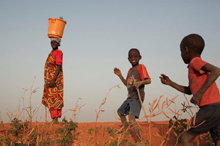
The aftershocks of civil strife are often played out one plot of land at a time. Here’s what can be done about it.
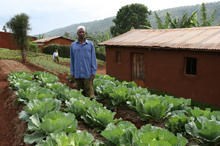
John W. Bruce has suggested some interesting ways to resolve land disputes. Devex spoke with the co-author of the “Quick Guide to Land and Conflict Prevention.”
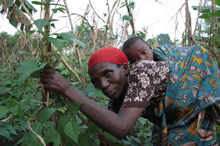
The relationship between land and conflict has finally begun to garner the attention it deserves within the international community. Here are a few key lessons to guide future programming and implementation courtesy of Eric Reading, executive vice president at Chemonics International.
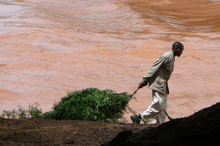
In many countries, uncertainty of land ownership extends to the resources attached to the land. The resulting competition for control over these valuable resources can be severe, driving localized conflict and often pitting individuals, companies, communities and the state against each other.
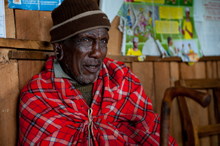
Effectively managing land disputes in Africa and preventing their escalation into violent conflict means supporting informal justice institutions at the grass-roots level, writes Deborah Espinosa.
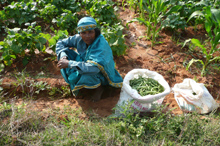
Secure land rights have proven to drive economic development and ensure peace, but donors don't seem to realize this. In a guest opinion for Devex, Landesa's Robert Buergenthal makes the case for land rights to be included in the post-2015 framework.
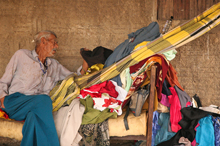
In 2009, Brazil launched “Minha Casa, Minha Vida” (“My House, My Life”), a campaign to tackle an intense housing shortage and the proliferation of self-constructed and invariably ramshackle favelas. Is it succeeding?
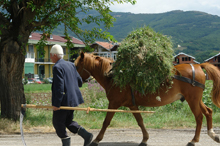
“I’m writing this from Kosovo, where I am forcefully reminded that disputes over property rights often are sources of violent conflict, with horrific consequences for thousands of people,” writes Steven Lawry, DAI’s global lead of land tenure & property rights.

Land matters for sustainable economies, livelihoods, human rights, and the environment- the development community cannot afford for land to be a trend. Expert panelists from DAI, Chemonics International, USAID, and Omidyar Network sat down with Devex to discuss what land rights mean for the future of global development.
Join the conversation